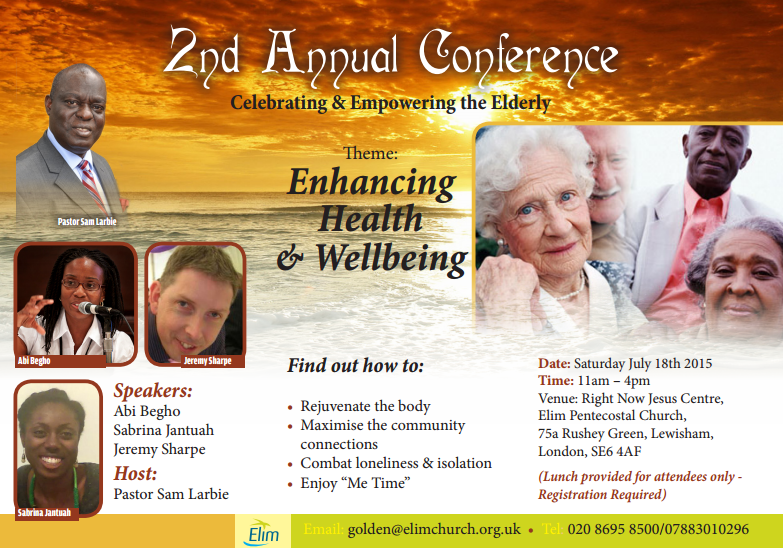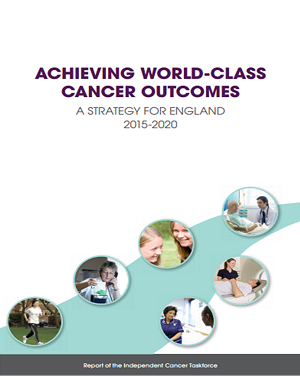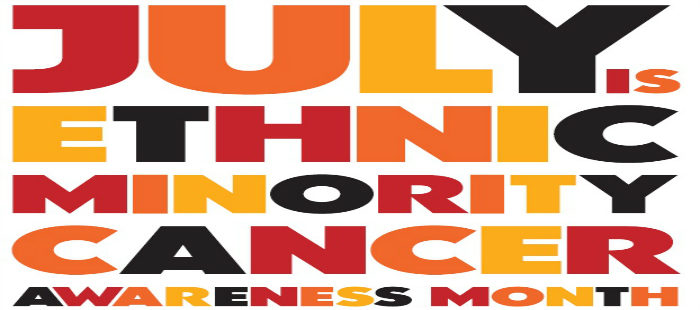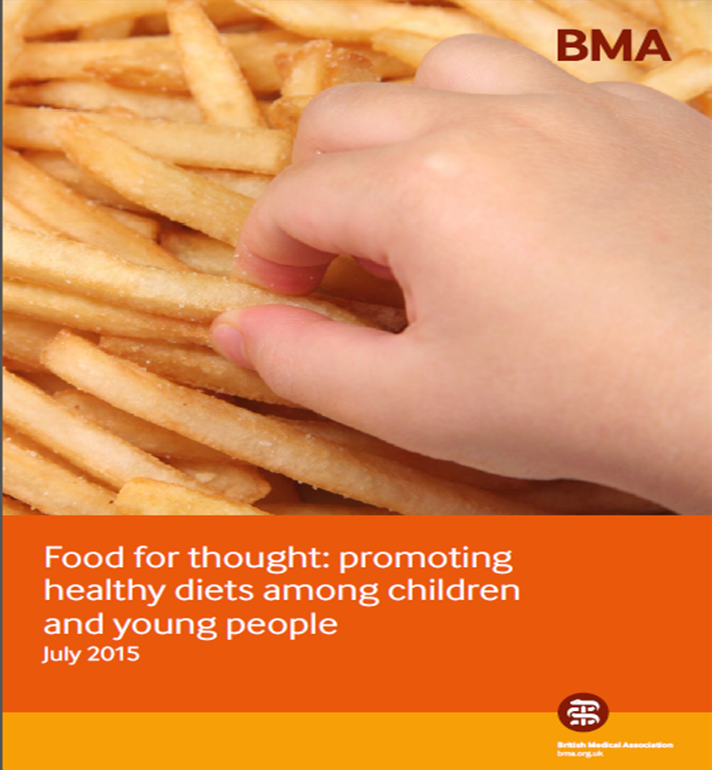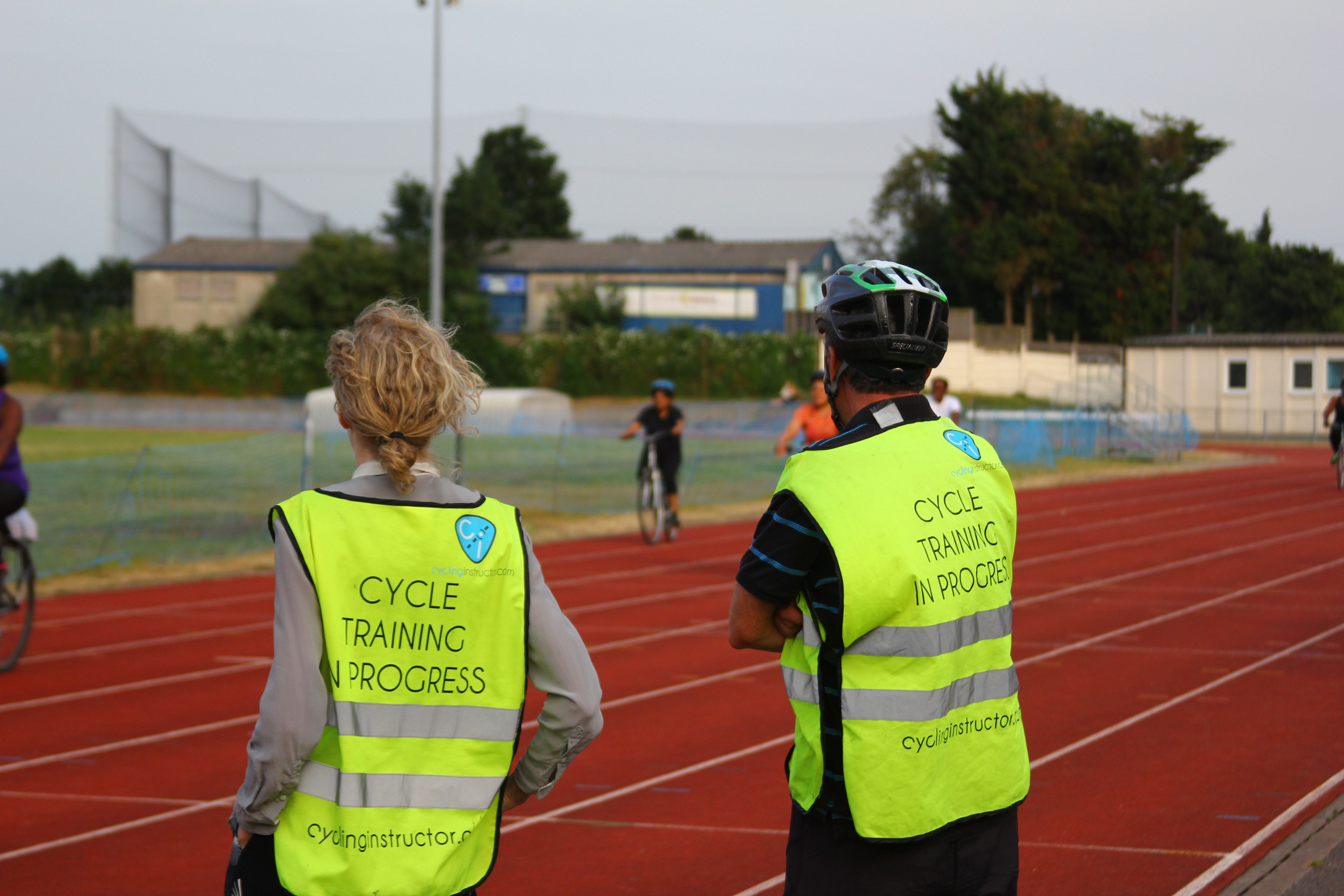RNJC’s 2nd Annual Conference for the Elderly
On Saturday 18th July, we were honoured to deliver a presentation at the RNCJ’s 2nd Annual Elderly Conference. The theme of the conference was enhancing health and wellbeing and in keeping with that theme we spoke about aging healthily. We stressed the importance of combating the negative perceptions, stereotypes and narrative around the elderly which is very disempowering, and replacing this with a more positive narrative that empowers the elderly and enables them to live the best life possible; this means creating opportunities for the elderly to remain active.
We discussed the health challenges associated with aging and how these can be overcome through lifestyle changes particularly keeping active, eating a healthy diet, keeping the mind active and staying connected to friends, family and the wider community. And, we finished off by reminding attendees that our ‘Golden Years’ can be the best years of our lives as we have a lot of time and flexibility. This gives us the opportunity to do the things that we’ve always wanted to do, pursue our passions, make a difference in our community and spend time with our loved ones, but we can only enjoy this phase of our life if we are healthy.
Attendees also heard from Sabrina Jantuah from Age UK who spoke about Community Connections, a project that is aiming to tackle isolation in Lewisham by encouraging people to access local services. Sabrina stressed the need for projects like community connections as 51% of people who are over 75 live alone and this has a negative effect on their wellbeing. Sabrina’s talk was supported by a presentation from Jeremy Sharpe of The Link who also highlighted the scale of the problem of isolation of the elderly in the UK. He provided data that made for grim reading – 500,000 older people in the UK spend Christmas Day alone and over 5 million older people consider their TV to be their main form of company. Jeremy described how The Link are combating isolation by working with churches to develop befriending programs where volunteers regularly visit those who live alone.
It was also really nice to hear of all the great work that the RNJC is doing to support the elderly in their local community in Lewisham. They run a monthly keep fit class, are implementing a befriending programme with support from The Link and are starting a coffee morning.
This was a very enjoyable and informative event and we’d like to say a big thank you to the conference organisers, particularly Shola Fiberesima.







